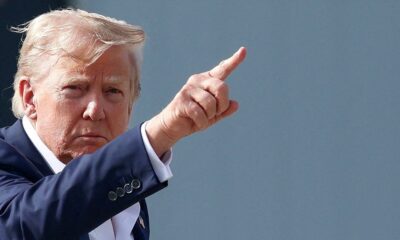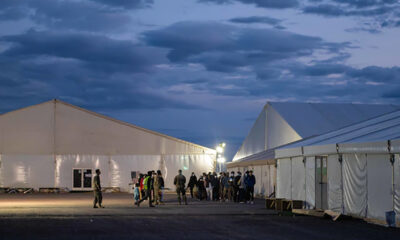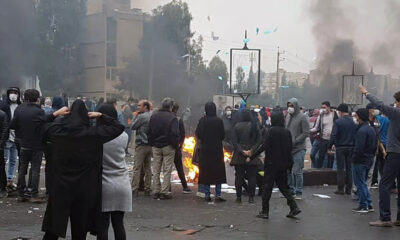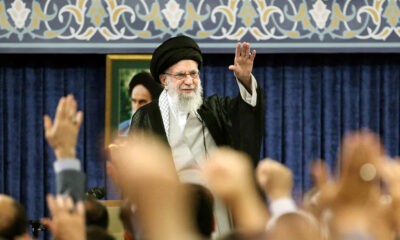Latest News
White House receives ‘intel’ on Chinese bounties against US forces

The Trump administration is reportedly declassifying as-yet uncorroborated intelligence, that claims China offered to pay non-state actors in Afghanistan to attack US forces, two senior administration officials tell Axios.
The Chinese embassy in Washington DC did not respond to a request for comment by Axios and according to the report outgoing President Donald Trump is not believed to have discussed the matter with China’s President Xi Jinping.
It was not immediately clear whether any members of Congress or President-elect Joe Biden have been briefed, though Biden now has access to the President’s Daily Brief.
The intelligence was included in the president’s briefing on December 17, and Trump was verbally briefed on the matter by National Security Advisor Robert O’Brien, officials told Axios.
According to the Axios article, administration officials across multiple agencies are currently working to corroborate the initial intelligence reports.
Axios was not able to visually inspect any reports detailing the intelligence but they reported stated a summary was described by the officials over the phone.
Axios meanwhile stated that if this intelligence were to be confirmed, it would represent a dramatic strategic shift for China, and sharply escalate tensions between China and the US and on the other hand, if the intelligence does not prove accurate, it raises questions about the motivations of the sources behind it as well as the decision to declassify it.
China has long played a quiet diplomatic role in Afghanistan, inviting Afghan Taliban officials to Beijing to discuss plans for a peace deal and encouraging an Afghan-led solution, though Chinese-made weapons and financing have at times also flowed into the conflict there.
But one senior official told Axios “like all first reports, we react with caution to initial reports” but “any intel reports relating to the safety of our forces we take very seriously.”
Another source said: “The US has evidence that the PRC [People’s Republic of China] attempted to finance attacks on American servicemen by Afghan non-state actors by offering financial incentives or ‘bounties’,” and said the National Security Council “is coordinating a whole-of-government investigation.”
He would not say whether he was referring to the Taliban, or give details about who “non-state actors” were, Axios reported.
The timing of the alleged bounty offer is unclear. The source would say only that this happened some time after late February when the US struck its deal with the Taliban.
This latest development comes just days after Afghan security officials announced they had discovered an alleged Chinese spy ring operating in the country apparently seeking to target Uyghurs.
Last week, officials confirmed that Afghanistan’s National Directorate of Security (NDS) detained 10 Chinese nationals on charges of espionage after busting the alleged spy ring.
The Hindustan Times reported that Beijing had tried to persuade the Afghan government to keep the case under wraps as it is a huge embarrassment for the communist country, people familiar with the matter told the Indian daily.
A senior diplomat in Kabul told the Hindustan Times that two of the 10 Chinese nationals were in touch with Haqqani Network and that Li Yangyang, one of the detainees, had been operating since July or August.
The Times reported the alleged spy was arrested by the NDS on December 10.
Another detainee, Sha Hung, reportedly ran a restaurant in Kabul’s Sherpur area, in the city center.
The Times stated that while both Chinese nationals were in touch with Haqqani Network, Li was gathering information about al-Qaeda, Taliban, and Uyghurs in Kunar and Badakhshan provinces.
Chinese ambassador to Afghanistan Wang Yu has reportedly been briefed about the situation by Vice President Amrullah Saleh, who in turn allegedly threatened Beijing with criminal proceedings unless it apologizes formally and admits to the violation of international protocol.
Afghanistan shares its border with China’s Xinjiang, home to Uighur Muslims who seek refuge in the country.
Latest News
Ministries of Public Health and Higher Education sign cooperation agreement
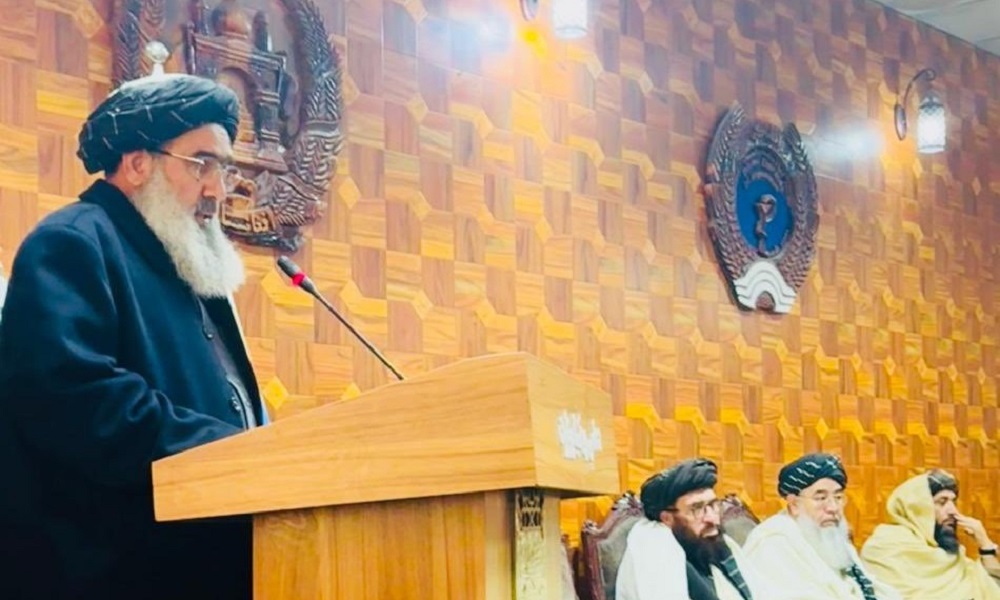
The Ministry of Public Health announced on Tuesday it has signed a cooperation agreement with the Ministry of Higher Education aimed at expanding scientific, research, educational, and technical cooperation.
At the signing ceremony held in Kabul, Noor Jalal Jalali, Minister of Public Health, said that the agreement would lead to significant improvements in the capacity-building of students and doctors, ensure that research is conducted based on evidence, and enable the collection of accurate data.
Meanwhile, Neda Mohammad Nadeem, Minister of Higher Education, described the agreement as beneficial to the public and to both institutions, stressing the need to train individuals at universities who can contribute to social development and make the country self-sufficient in the public health sector.
Latest News
UNAMA holds new round of Working Group meetings on counter-narcotics and private sector
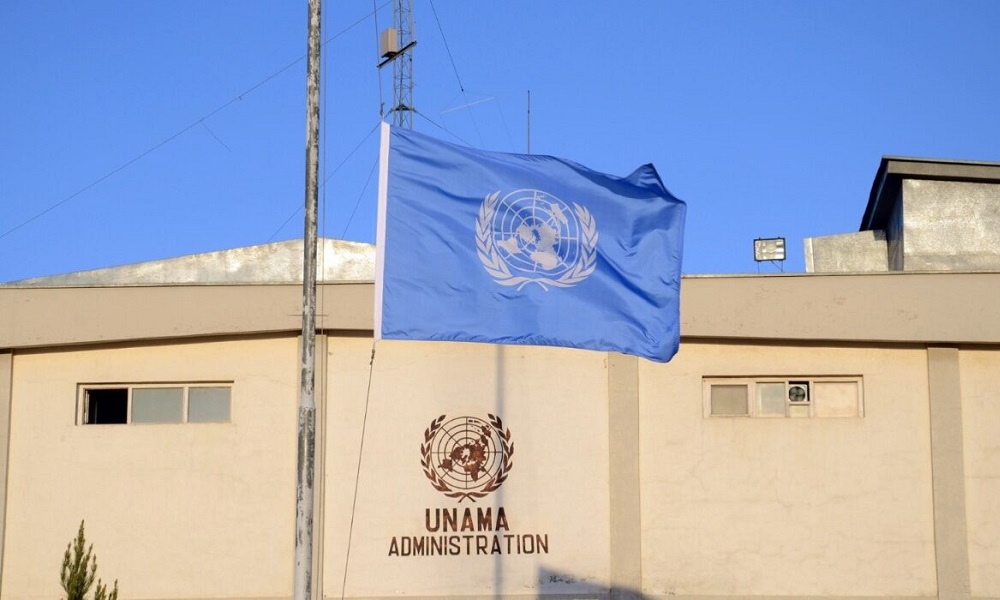
The United Nations Assistance Mission in Afghanistan (UNAMA) has convened a new round of Doha Process Working Group meetings focusing on counter-narcotics and private sector development.
The meetings, held in Kabul on February 3 and 9, brought together representatives of UN member states and international organizations, officials of the Islamic Emirate, and subject-matter experts.
According to UNAMA, discussions in the counter-narcotics working group centered on efforts by Islamic Emirate authorities and the international community to support alternative livelihoods for Afghans previously dependent on poppy cultivation and the illicit opium trade. Participants also reviewed drug-use prevention and treatment initiatives, as well as law-enforcement measures to curb narcotics production and trafficking.
The private sector working group focused on job creation and entrepreneurship, with particular attention to women’s participation in the private sector, market integration, access to finance, and the development of private banking and financial infrastructure.
UNAMA said both working groups identified priority areas for enhanced engagement and explored more effective and sustainable approaches to supporting Afghan men and women. Participants also examined the linkages between the two areas, noting that private sector development is a key source of livelihoods, while counter-narcotics efforts contribute to Afghanistan’s economic and social stability.
The working groups were established following the third Meeting of Special Envoys held in Doha, Qatar, in June and July 2024, in line with recommendations of the Independent Assessment endorsed by the UN Security Council. The process aims to promote more coherent, coordinated, and structured engagement with Afghanistan’s de facto authorities for the benefit of the Afghan people.
UNAMA added that stakeholders engage in the working groups on an ongoing basis, with full-format meetings convened periodically. Since their establishment, the groups have improved information-sharing, helped mobilize additional resources, and facilitated expert exchanges to strengthen support for the Afghan people.
Latest News
Economic Commission approves national policy for development of agriculture

At a regular meeting of the Economic Commission chaired by Mullah Abdul Ghani Baradar, Deputy Prime Minister for Economic Affairs, the National Policy for the Development of the Agriculture and Livestock Sector was approved.
According to a statement from the deputy PM’s office, the key objectives of the policy include the mechanization of the agriculture and livestock sector; development of agricultural, irrigation, and livestock research and extension systems; management of irrigation systems; support for investment in these sectors; and ensuring public access to high-quality agricultural and animal products.
During the same meeting, the development plan for the fish farming sector was also approved.
Under this plan, through private sector investment, 7,700 small, medium, and large fish production and farming facilities will be established on 6,500 hectares of land in various parts of the country.
The statement added that the implementation of this plan will create direct employment opportunities for 50,000 people and indirect employment for 250,000 others.
-

 Latest News3 days ago
Latest News3 days agoAfghanistan to grant one- to ten-year residency to foreign investors
-

 Sport4 days ago
Sport4 days agoIndonesia shock Japan to reach historic AFC Futsal Asian Cup final
-

 Sport3 days ago
Sport3 days agoIran clinch AFC Futsal Asian Cup 2026 in penalty shootout thriller
-

 Latest News3 days ago
Latest News3 days agoAfghanistan says Pakistan is shifting blame for its own security failures
-

 International Sports2 days ago
International Sports2 days agoWinter Olympics gain momentum as medal table takes shape
-

 Latest News3 days ago
Latest News3 days agoTraffic police receive new cars
-
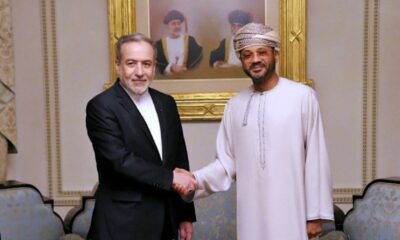
 Regional4 days ago
Regional4 days agoIran’s FM calls Oman-mediated talks with US ‘good start’
-
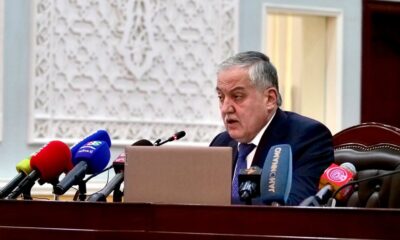
 Latest News2 days ago
Latest News2 days agoTajik foreign minister urges international community to help Afghanistan address its challenges


